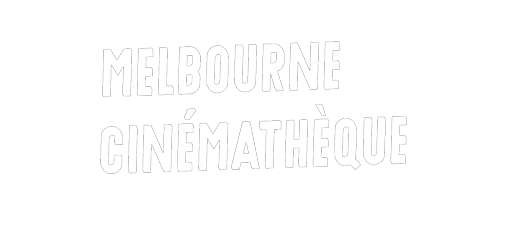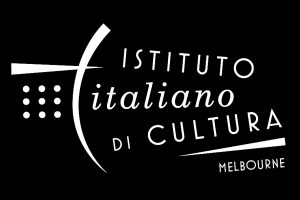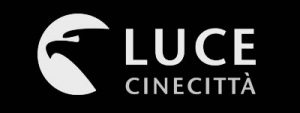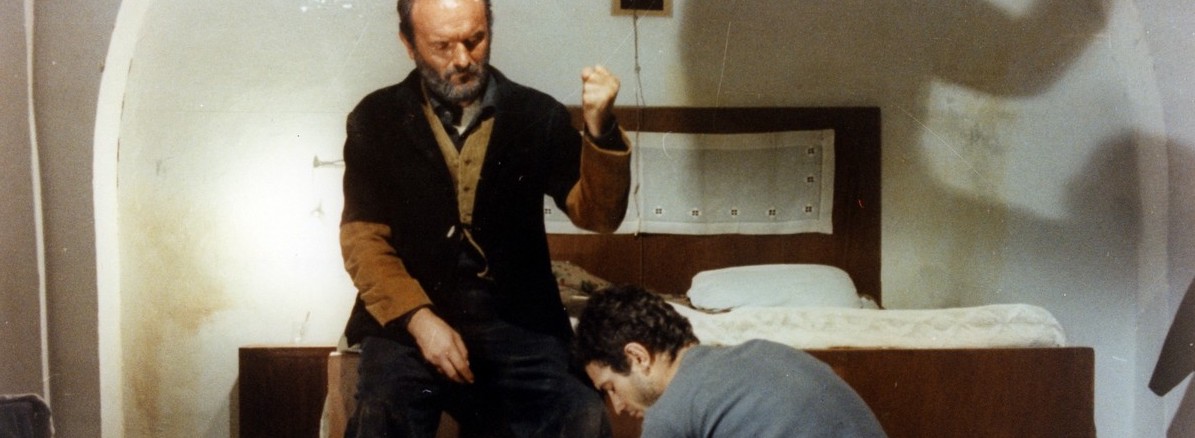
28 February – 13 March
Among the last survivors of their generation of Italian filmmakers, brothers Paolo (1931–) and Vittorio (1929–2018) Taviani began their remarkable partnership making documentary shorts during the last days of the neorealist era. Their seamless working relationship – Marcello Mastroianni responded to questions about the experience of working with two directors with mock surprise: “There were two of them?” – extended to taking turns directing setups, with the flip of a coin deciding who would do the last one if there was an odd number on any given day, and only ended with Vittorio’s passing in 2018. Paolo has gone on to direct two more features based on scripts he wrote with his late brother. Born in San Miniato, Tuscany, the brothers often recount their seminal cinematic experience, watching Roberto Rossellini’s Paisà (1946) – although in some accounts, it’s Germany, Year Zero (1947) – and almost wordlessly deciding, in unison, that filmmaking would be their career. Referring to neorealism as like “a beloved father”, in the sense that it made them who they were, they have, nevertheless, always attempted to transcend it. The Tavianis’ extraordinarily consistent oeuvre mainly comprises films which foreground the peasant experience but often filter it through a strong basis in literature and magic realism. Their use of historical settings to comment on the state of contemporary Italian society and culture gives their work a fabulous quality which prompted Pier-Paolo Pasolini to comment that their optimism was more tragic than his pessimism. This season features many of the brothers’ key films including their Cannes Palme d’Or-winner, Padre padrone (1977), the grounded, fantastical and much-loved World War II odyssey, The Night of the Shooting Stars (1982),the overwhelming Pirandello adaptation, Kaos (1984), and their late return to critical acclaim, the Golden Bear-winning Caesar Must Die (2012).
Presented in partnership with the Italian Cultural Institute.

Presented with support from Cinecittà Luce.


7:00pm THE NIGHT OF THE SHOOTING STARS
Paolo and Vittorio Taviani (1982) 107 mins
Amongst the most fondly remembered of the Tavianis’ films, this winner of the Grand Jury Prize at the Cannes Film Festival, recounting the dangerous trek of a group of Tuscan villagers trying to reach American forces during the final stages of the war in Italy, is a poetic, beautifully shot, fantastical and tragi-comic masterpiece. This mix of melodrama, deep-veined history, dramatic and magical realism presents a heightened portrayal of the memories, traumas and experiences of war and occupation. Starring Omero Antonutti (Padre padrone, El sur) and Margarita Lozano.
35mm print courtesy of Cinecittà Luce.
CTEQ ANNOTATION
The Night of the Shooting Stars
by Darragh O’Donoghue
9:05pm UN UOMO DA BRUCIARE
Valentino Orsini, Paolo and Vittorio Taviani (1962) 90 mins – Unclassified 15+
The Tavianis’ first feature – co-directed, like all of their early work, by Orsini – provides an early role for Gian Maria Volontè as a real-life trade unionist, Salvatore Carnevale, returning to Sicily to organise peasant farmers against the malign influence of the Mafia. Developing upon the activist documentary shorts the trio had been directing for nearly a decade, critic Paolo Mereghetti notes that the film already shows evidence of attempts to overcome neorealism by introducing elements of political and existential reflection.
35mm print courtesy of Cinecittà Luce.

7:00pm PADRE PADRONE
Paolo and Vittorio Taviani (1977) 114 mins – M
Winner of the Palme d’Or at the 1977 Cannes Film Festival, and a favourite of Akira Kurosawa, this Sardinian-set tale of a shepherd’s escape from his tyrannical father (Omero Antonutti) is often considered the Tavianis’ masterpiece. Based on an autobiographical novel by linguist Gavino Ledda, the film draws a compelling parallel between the limitations of language and the material constraints of poverty. Deploying a range of styles from neorealism to magic realism and a mix of actors and non-actors, this is a meditation on the eternal themes of patriarchal domination, the tension between tradition and modernity, and the emancipatory power of education.
35mm print courtesy of Cinecittà Luce.
CTEQ ANNOTATION
Padre Padrone
by Martyn Bamber
9:10pm ST MICHAEL HAD A ROOSTER
Paolo and Vittorio Taviani (1972) 91 mins< – Unclassified 15+
This adaptation of Tolstoy’s story “The Divine and the Human” moves the action from Tsarist Russia to a small town in central Italy during the country’s unification. It follows the fictional anarchist Giulio Manieri (Giulio Brogi) who, after an unsuccessful attempt at revolution and ten years of isolation, finds his projected leadership unsupported by a new generation of radicals. Both fable-like and realistically grounded, the Tavianis’ provocative, reflective and subversive awakening highlights the divided ideologies that lead to the film’s devastating final image.
4K DCP Courtesy of Cinecittà Luce.

7:00pm CAESAR MUST DIE
Paolo and Vittorio Taviani (2012) 77 mins – M
Mixing fiction and documentary, the Tavianis film the creation of a production of Julius Caesar performed by inmates from Rome’s high-security Rebibbia Prison. As in many of their works, the film’s intensity emerges from personal experience; the brothers’ father had been imprisoned for anti-fascist activities, instilling core values in his sons. In addition to finding substantive connections between Shakespeare’s play and contemporary Italian politics, the Tavianis’ third last collaboration constantly blurs the line between reality and artifice, history and contemporary life. Winner of the Golden Bear at Berlin International Film Festival.
CTEQ ANNOTATION
Caesar Must Die
by Faith Everard
8:30pm KAOS
Paolo and Vittorio Taviani (1984) 187 mins – PG
This panoramic and overwhelming anthology, based on five short folkloric stories by Luigi Pirandello, remains one of the Tavianis’ most enduring and celebrated films. Though the filmmakers made the unusual, self-effacing suggestion that distributors remove whichever segment would appeal least to their country’s tastes (resulting in the French release exorcising “La giara” and the Italian cutting “Requiem”), the film was released uncut in most parts of the world, preserving its beguiling, beautifully calibrated journey towards the cathartic “rapturous beauty of the epilogue” (Pauline Kael).
35mm print courtesy of Cinecittà Luce.
CTEQ ANNOTATION
Pirandello on Film: Kaos
by Joseph Sgammato